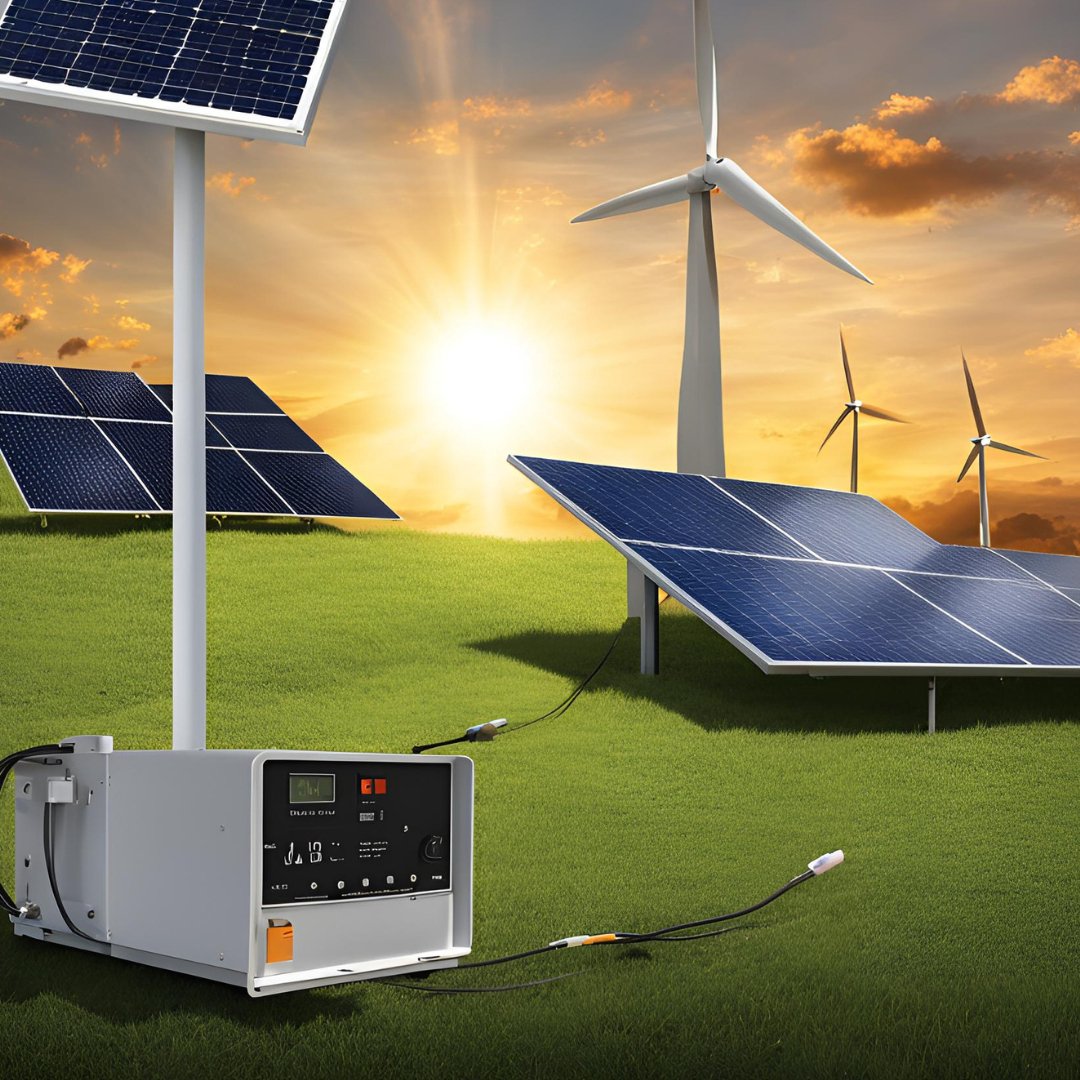
Solar light represent one of the popular options of green outdoor lighting that can be run to their full potential so as to light up gardens and pathways. However, most of the time, users find themselves wondering if they can run their solar lights using normal AA batteries or if any special batteries are required.
Can AA batteries be used in solar lights?
AA batteries for standard house appliances can never work well with solar lights. As a rule, solar lights are fitted with rechargeable batteries designed to collect the sun's energy throughout the day and then use it at night. While one might fit the AA battery slots into solar lights, they will not recharge using solar energy; in turn, this makes the lights work very poorly or not at all.
Batteries Used in Various Solar Lamps
NiMH (Nickel Metal Hydride) batteries:
Today, the most used batteries in solar lights are NiMH. They have a larger capacity and are friendlier to the environment than the earlier-used NiCd.
Benefits: These batteries can save money in the long run because they can be replaced so many times. They also perform well under cold conditions—a really important factor in some areas.
NiCd (Nickel-Cadmium) Batteries:
Older Tech: In the past, NiCd batteries were the main battery type for solar lights, although many are replaced with NiMH because of the concern over the environment.
Benefits: They are still in use today because they are durable, can handle high discharge rates, but have a low capacity. They are not friendly to the environment since they contain cadmium.
Lithium-Ion (Li-Ion) Batteries:
High Capacity: Li-ion batteries are primarily used in most new models of solar lights, as they hold more energy but with decreased size, due to a higher energy density.
Advantages: These batteries are lighter, last longer, and charge faster when compared to the NiMH and Nimh batteries. However, they are just slightly expensive and might require a different setup for charging.
Lithium Iron Phosphate (LiFePO4) Batteries:
Safety and Stability: They are safe and very long-lasting batteries. They are hitherto used for high-quality solar lights and still perform well, even in the worst weather. Advantages: The chance of overheating with LiFePO4 batteries is so low, making them much safer for solar lights. They also provide a longer service life than other lithium-based batteries.
Comparison with Alkaline AA Standard Batteries Cheapest are standard AA batteries, but they are not made for the special needs of solar lights. Rechargeable batteries like NiMH, NiCd, Li-Ion, and LiFePO4 are built to take in solar energy well, store it and give it back when needed. For that reason, AA batteries in solar lights can make the light less effective and may even harm the solar light unit because of wrong energy use.

Conclusion:
Why Choose Solar-Specific Batteries?
Using the correct batteries is essential for the proper functioning and longevity of your solar lights. NiMH and Li-Ion batteries are the most commonly recommended for solar lights, offering a balance between cost, performance, and environmental impact. When selecting batteries for your solar lights, always ensure they are compatible with solar energy storage to maximize the efficiency and lifespan of your lighting system. Choose the right batteries, and your solar lights will illuminate brightly every night with all the advantages of renewable energy.





2 comments
Sukhdeep Singh
I change my hardroll Soller light gate batteries
Sherri Ramsey
How much does it cost to get a charging system. What is the cost of solar batteries?